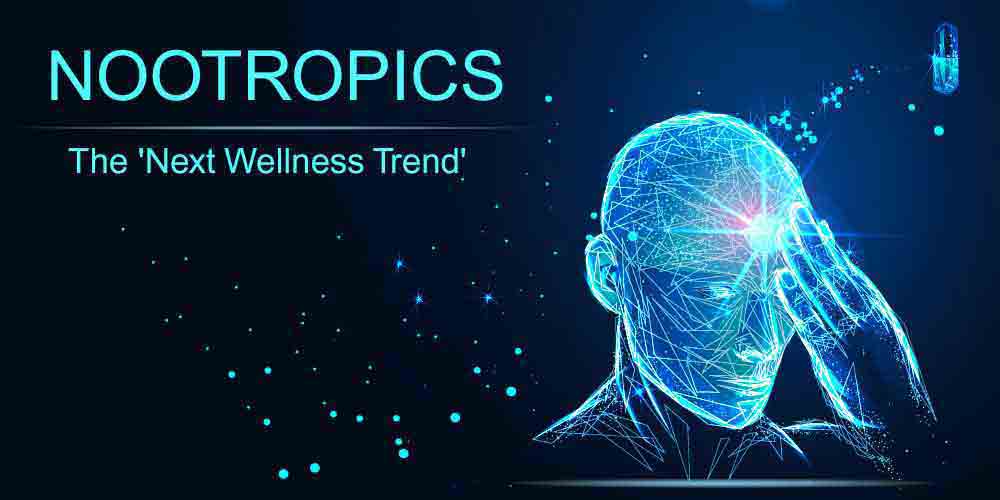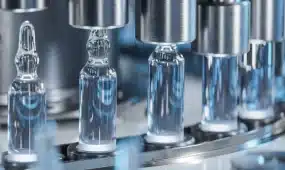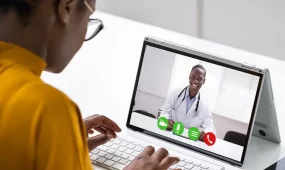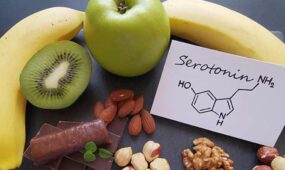Nootropics Overview
Nootropics are drugs that enhance overall cognitive performance, including skills such as memory, language, information processing, attention, perception, and processing knowledge. The term ‘nootropics’ was first used in 1972 when research uncovered the particular benefits of the drug piracetam.
There are actually two different types of nootropics, those that occur organically in nature and those that are created synthetically in a laboratory. Organic nootropics are commonly used as ingredients in brain-boosting supplements.
Nootropic drugs are prescribed to patients to treat a number of conditions, but many people take them non-medicinally to boost brain performance; they’re referred to as ‘smart drugs.’ There are numerous over-the-counter substances for sale that claim to have some brain-enhancing effects. These drugs are so much in demand that pharmacologists are constantly working to develop new ones.
Nootropic Prescription Medications
The most well-known prescription medications that are considered nootropics are the amphetamine Adderall (used as a weight reduction medication), the methylphenidate Ritalin (used to treat attention-deficit hyperactivity disorder (ADHD) in children), and modafinil (used to treat sleep disorders).
Nootropic Natural Substances
There are numerous supplements on the market with nootropic benefits. These include a collection of vitamins, nutrients, amino acids, and other organic ingredients that have been linked to brain enhancement, but these supplements vary in terms of the impact they have on cognitive performance. Some of the organic substances included in these supplements are:
-
Resveratrol
This is an antioxidant and anti-inflammatory substance that occurs naturally in grapes, red wine, peanuts, and certain berries. It’s classed as a nootropic because it greatly enhances memory. Some of its other reported benefits include strengthening the immune system and heart health.
-
Choline Bitartrate
This brain chemical converts into the neurotransmitter acetylcholine, which is a brain chemical that deals with learning and memory. Taking this substance can enhance brain functioning.
-
Folic Acid
Studies have shown that folic acid improves memory function and critical thinking. Other research has concluded that elderly people with cognitive decline benefit from taking folic acid on a regular basis, demonstrating an improved cognitive performance on tests.
-
Ginseng
This comes from the root of the Panax plant that has been used medicinally for centuries. Studies have shown that ginseng can enhance memory functioning so it’s a common ingredient in nootropic supplements.
-
Bacopa Monnieri
This is an herb that has been used for its medicinal benefits for many centuries, largely in Ayurvedic medicine. It’s a powerful nootropic that can be used to boost cognitive functioning in the healthy. In addition, it’s effective in decreasing the symptoms of dementia in the elderly.
-
Ginkgo Biloba
This is a tree whose leaves contain powerful health properties due to the presence of antioxidants called flavonoids. For centuries, it’s been known to be an effective memory booster.
-
Creatine
This amino acid enhances critical thinking and memory skills, by binding with phosphate in the brain, leading to the creation of a molecule that your cells then use as energy. The more stress a person is under, the more effective creatine will be. A dose of 5 mg of creatine each day is quite safe, although more than that can do damage to your system.
Medical Uses of Nootropics
Medically, nootropics are used to treat conditions including:
- Stroke
- Dementia
- Schizophrenia
- Obesity
- Narcolepsy and other sleep issues
- Attention deficit hyperactivity disorder
Other Users of Nootropics
Nootropics are used frequently by students to increase brain function and improve their academic performance. Usage of smart drugs by students has increased over time, however, this is a controversial practice, as it’s considered unethical by students who don’t take cognitive enhancers. However, the immense pressure of performing academically often pushes students to take smart drugs.
Incidence of Nootropic Use for Non-Medicinal Purposes
Studies have indicated a big increase in the number of people using these drugs for non-medicinal purposes all over the world, and particularly on the European continent. This is referred to as Pharmacological Cognitive Enhancement (PCE).
Effectiveness of Nootropics
Many nootropics greatly enhance brain health, memory, concentration, and critical thinking, however, not all nootropics are created equal. When you purchase a nootropic supplement, make sure you research the ingredients carefully and check the quality and effectiveness of the product.
Benefits of Nootropics
We spoke to Dr Arianna Ferrini, she told us that, “Nootropics, also known as “brain boosters” or “smart drugs,” offer a variety of benefits that can enhance cognitive function and overall mental performance. These benefits include:
Improved Memory: Nootropics can help improve short-term memory, recall, and learning processes.
Boosted Mental Energy: They can increase mental energy and enhance the brain’s energy metabolism, which is essential for maintaining focus and concentration.
Sharpened Attention: Nootropics can enhance various aspects of attention, focus, and concentration, giving users an edge in productivity.
Enhanced Mood and Mental Health: Some nootropics can help with relaxation, confidence, mood balance, motivation, and anxiety, which can optimize cognitive function and improve life performance.
Increased Learning: They can enhance cognitive learning processes like memory formation, storage, and recall, which is beneficial for students and lifelong learners.
Promoted Creativity: Certain nootropics can foster relaxed, free-flowing thinking, which is conducive to creative thinking and artistic exploration.
Improved Physical Performance: Nootropics can improve motivation, training intensity, and focus in the gym, making them useful for athletes and fitness enthusiasts.
Are nootropics effective and safe?
George Yang, who is the Founder & Chief Designer of Yanre Fitness Gear Brand, and a Registered Dietitian Nutritionist RDN says, Nootropics like caffeine and omega-3s are beneficial and suit many. Meanwhile, synthetic alternatives such as racetams and modafinil have uncertain long-term effects. Thus, more research is needed to understand their impact over time.
Nootropics, both natural and synthetic, boost mental function but need care. Tea and coffee are safe, offering caffeine and L-theanine. Yet, too much can cause anxiety or sleep issues. Synthetic nootropics, like modafinil, treat certain conditions but may induce headaches and high blood pressure. Use natural nootropics in moderation. For synthetics, seek medical advice. Always put safety first when trying such products.
Biological Process
Nootropics increase the amount of the key neurotransmitters dopamine and choline. Dopamine increases motivation and research has shown that it can also effectively treat ADHD and Parkinson’s disease. Choline is the precursor to the memory neurotransmitter acetylcholine, which enhances memory and mental functioning.
Interestingly enough, it’s the brain chemical acetylcholine that is depleted in illnesses such as Alzheimer’s disease. For this reason, nootropics are often very effective at improving the condition of patients with Alzheimer’s.
Another impact that nootropics have on brain health is improving blood flow to the brain and increasing the amount of oxygen and nutrients, thereby greatly enhancing brain functioning.
Risks of Nootropics
Many nootropic agents are addictive, so once you start taking them you may have difficulty stopping. In addition, the actual effect on people who are otherwise healthy isn’t well-understood at this point. There is also no research on the long-term impact of taking nootropics.
The other risk involved for students taking nootropics, particularly those who are studying to be professionals, is that these individuals may succeed in school by using nootropics but then be ill-prepared later at work when they stop taking them.
Other Ways to Boost Cognitive Functioning
Likely, the most effective way to boost brain health and cognitive functioning is to exercise on a regular basis. Research indicates that fitness can enhance memory, prevent dementia, and improve overall brain health. In addition, it reduces the risk of developing a number of other diseases.
Another very popular, risk-free way to enhance cognitive functioning is caffeine. Research has shown that, despite its potentially negative reputation, it’s healthy to drink coffee in moderation. Caffeine gives people energy and boosts brain health, and it’s also a key ingredient in many nootropic supplements.







 This article changed my life!
This article changed my life!
 This article was informative.
This article was informative.
 I have a medical question.
I have a medical question.
 Ask a Question
Ask a Question

 This article contains incorrect information.
This article contains incorrect information.
 This article doesn’t have the information I’m looking for.
This article doesn’t have the information I’m looking for.